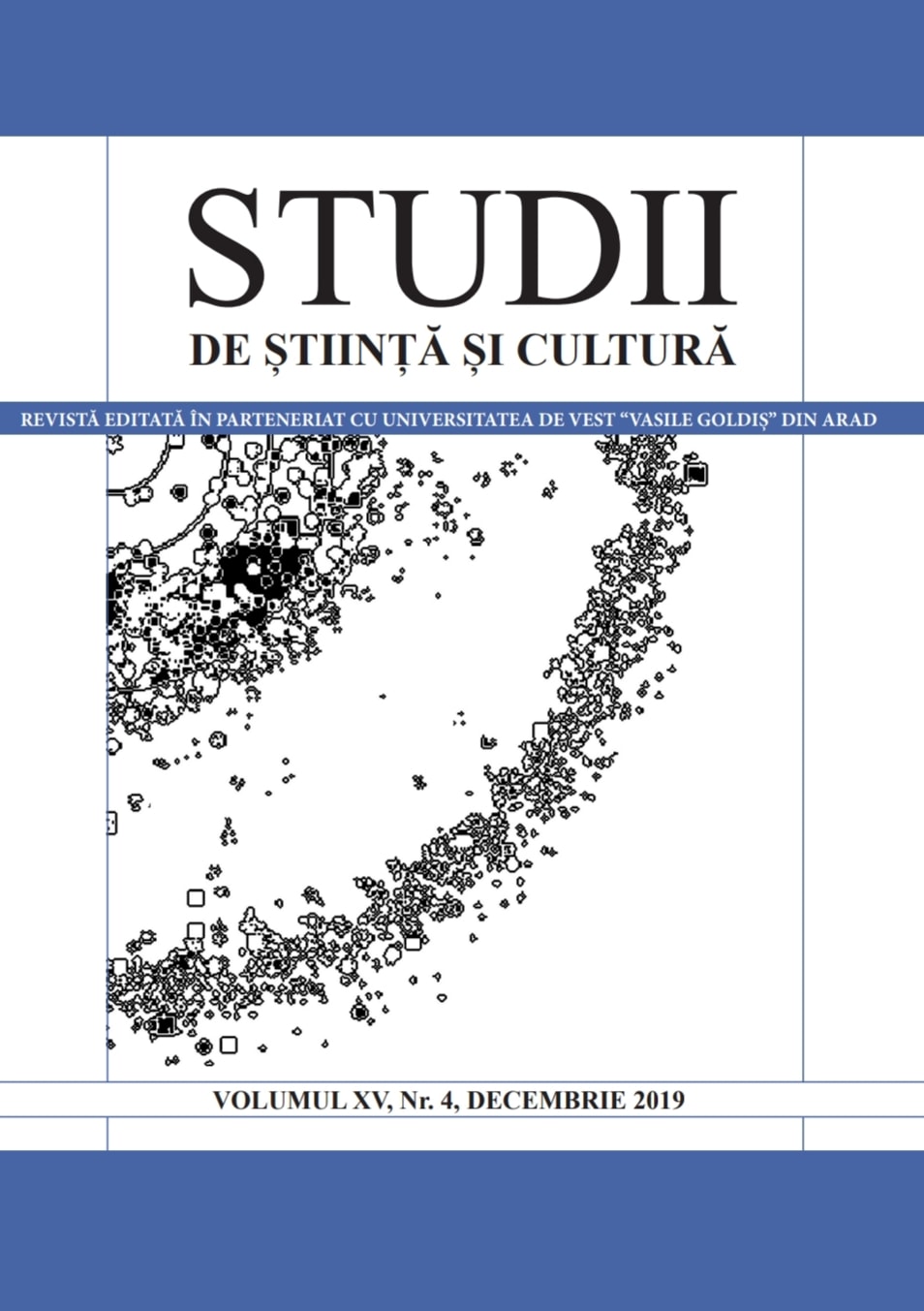Conștiința apartenenței lingvistice a românilor sud-dunăreni. Studiu de caz: istroromânii
The Consciousness of the Linguistic Belonging of the Romanians from the South of the Danube. Case Study: The Istro-Romanians
Author(s): Ana-Maria RADU-POP, Gabriel BărdășanSubject(s): Language and Literature Studies, Philology
Published by: Editura Universităţii Vasile Goldiş
Keywords: Romanians from the south of the Danube; foreign-tongued medium; linguistic islands; consciousness of belonging to a linguistic and ethnic community;
Summary/Abstract: Representing an ethno-linguistic unity on the Romanized territory from the north and the south of the Danube, the Romanian people divided, starting probably in the 9th or 10th century, in the four groups of Romanians from nowadays: the Romanians from the north of the Danube – the Daco-Romanians, and those from the south of the Danube – the Aromanians, the Megleno-Romanians and the Istro-Romanians. The Istro-Romanian (as the Megleno-Romanian) is between the few and almost miraculous cases in which the idioms spoken for centuries in a foreign-tongued medium by a small number of persons, without their own cultural institutions, have been preserved as linguistic islands until nowadays (v. Sârbu 2012: 671). If for the linguists the things are clear regarding the status of these idioms (historically, they represent varieties of the common Romanian), the attitude, the position of the speakers of Istro-Romanians towards their own idiom is less clearly shaped. In our paper, we will try to examine this last aspect, more precisely, the extent to which the knowing of an idiom (of Latin origin!) different from the official language (of Slavic origin!) of the country in which they lived from centuries was doubled, in the case of these Vlachs, by the consciousness of belonging to a distinct linguistic and ethnic community, other than the Croatian one.
Journal: Studii de Ştiinţă şi Cultură
- Issue Year: XV/2019
- Issue No: 04
- Page Range: 99-106
- Page Count: 9
- Language: Romanian

